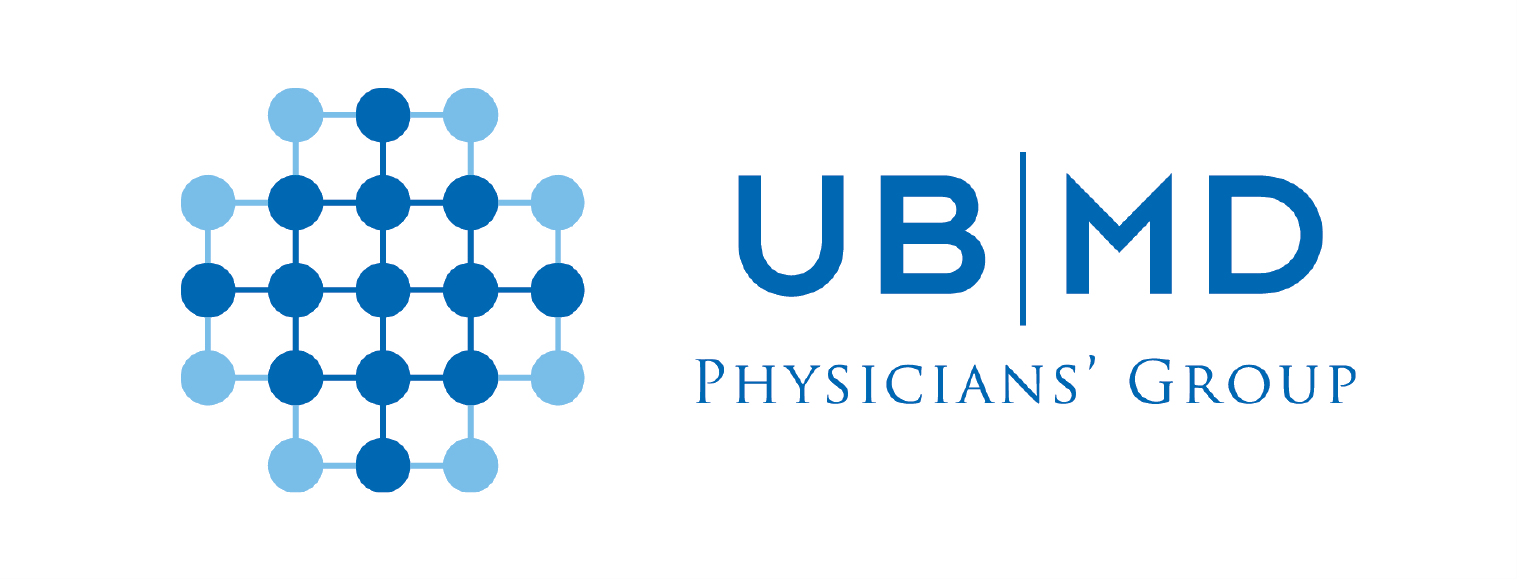JOSH J. WANG, MD, MS
- ROSS EYE INSTITUTE -

Vision Research Center
Specialties
- Vision Research Center
Contact
Education
Title and Department:
Associate Professor of Research
Ophthalmology and Internal Medicine
Education and Training:
M.D. Yunyang Medical College, Tongji University of Medical Sciences, Hubei, China
M.S. (Medicine-Cardiology) Sun Yat-sen University of Medical Sciences, Guangzhou, China
Clinical Fellowship (Cardiology):
The First People’s Hospital of Guangzhou, Guangzhou, China
Residency (Internal Medicine):
Yunyang Medical College-University Hospital, Tongji University of Medical Sciences, Hubei, China
Fellowships:
Medical University of South Carolina, Charleston, SC (Ophthalmology/Molecular Biology)
University of Oklahoma Health Sciences Center, Oklahoma City, OK (Medicine/Cell Biology)
Research Focus:
Collaborative clinical and epidemiological research/clinical trials, fundamental retinal processes, retinal diseases
Clinical Relevance:
Age-related macular degeneration, diabetic retinopathy, vascular diseases
Synopsis of Research
Dr. Josh J. Wang, M.D., M.S. focuses his research on studying diabetic-related vascular complications, including diabetic retinopathy, diabetic vascular disease, insulin resistance and diabetic nephropathy. In addition to addressing mechanisms, our cellular and biochemical studies are meant to develop cures for diseases that affect the retina, peripheral vessel and kidney.
- Diabetic retinopathy: Focusing on endoplasmic reticulum (ER) stress activation and interactions among ER stress, oxidative stress and inflammation in retina.
- Periphral vascular disease (PVD): Endothelial cells in the vascular system are especially vulnerable to hyperglycemic conditions. Exploring endothelial dysfunction in diabetic setting, would aid in the search for novel approaches in the prevention of diabetes vascular disease.
- Diabetic nephropathy: Glomerular endothelial cells and podocytes are primary sites of injury resulting in chronic kidney disease in diabetes. We investigate the function of endogenous angiogenic inhibitors in regulation of renal cells in diabetic kidney.
- Adipocyte and insulin resistance: Studying the function of PEDF in adipogenesis, provide pivotal information for understanding the mechanisms underlying the association of PEDF, obesity and insulin resistance.
OUR DOCTORS
-
Sandra Everett, MD
ButtonPhysician & Surgeon - Cornea
-
Sangita Patel, MD, PhD
ButtonPhysician & Surgeon - Cornea | Vision Research Center
-
Ruth Marie Mattern, MD, PhD
ButtonPhysician & Surgeon - Cornea
-
Vaitheeswaran Lalgudi, MD
ButtonPhysician & Surgeon - Cornea
-
Brian Madow, MD, PhD
ButtonPhysician & Surgeon - Retina
-
Jack Sullivan, MD, PhD
ButtonPhysician & Surgeon - Retina | Vision Research Center
-
John Lillvis, MD
ButtonPhysician & Surgeon - Pediatrics & Adult Strabismus
-
Andrew Reynolds, MD
ButtonPhysician & Surgeon - Pediatrics & Adult Strabismus
-
James Reynolds, MD
ButtonPhysician & Surgeon - Pediatrics & Adult Strabismus
-
Asher Weiner, MD
ButtonPhysician & Surgeon - Glaucoma
-
Sandra Sieminski, MD
ButtonPhysician & Surgeon - Glaucoma
-
Natasha Gautam, MD
ButtonClinical Assistant Professor, Glaucoma
-
Federico Gonzalez-Fernandez, MD, PhD
ButtonOcular Pathology
-
Kyle Arnoldi, CO, COMT
ButtonOrthoptics
-
Nancy Schrader
ButtonOptician
-
David Dauoheuang
ButtonOptician
-
Mankiran Singh, OD
ButtonOptometry
-
Avani Dave, OD
ButtonOptometry
-
Allison McGraw, OD
ButtonOptometry
-
Benjamin Gutsin, OD
ButtonOptometry
-
Chelsea May, OD
ButtonOptometry
-
Steven J. Fliesler, PhD
ButtonVision Research Center
-
Sarah Xin Zhang, MD
ButtonVision Reseach Center
-
Xiuqian Mu, MD, PhD
ButtonVision Research Center
-
Josh J. Wang, MD, MS
ButtonVision Research Center
-
Margaret M. DeAngelis, PhD
ButtonVision Research Center
-
Michael H. Farkas, PhD
ButtonVision Research Center
Jamie Schaefer, MD
Oculofacial Plastic and Reconstructive Surgery
Contact Us
We will get back to you as soon as possible.
Please try again later.
BUFFALO NIAGARA
F: 716-881-4349
Office Hours:
Monday - Friday: 8:00 am - 4:30 pm
SOUTHTOWNS OFFICE
F: 716-677-6507
Office Hours:
Monday - Friday: 8:00 am - 4:30 pm
BUFFALO NIAGARA
F: 716-881-4349
Office Hours:
Monday - Friday: 8:00 am - 4:30 pm
SOUTHTOWNS OFFICE
F: 716-677-6507
Office Hours:
Monday - Friday: 8:00 am - 4:30 pm


© 2024. Ross Eye Institute.
The Ross Eye Institute website makes every attempt to comply with The Americans with Disabilities Act (ADA) of 1990. If you are using a screen reader and are having problems using this website, please call for assistance.


























